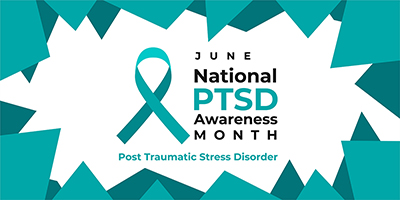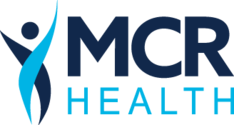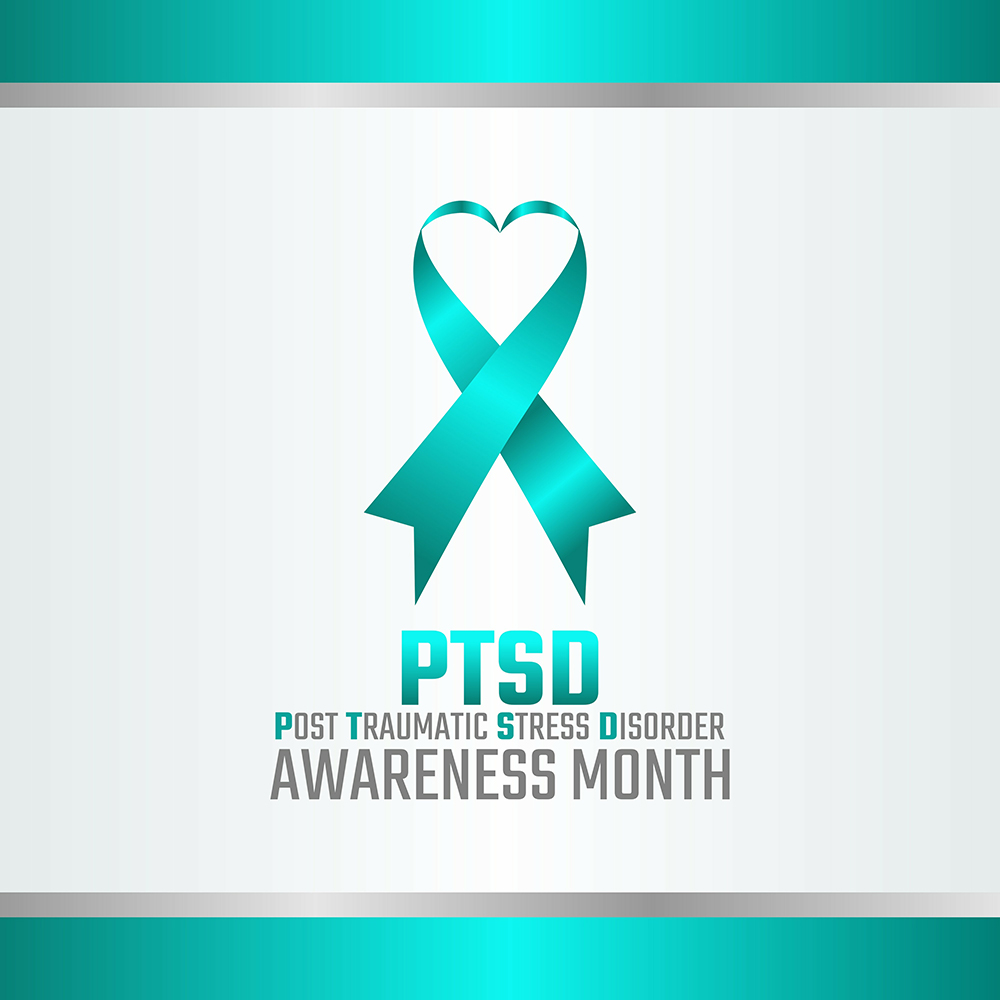
June marks the observance of PTSD (Post-Traumatic Stress Disorder) Awareness Month, a crucial time to raise awareness about this debilitating mental health condition. PTSD can affect anyone, regardless of age, gender, or background. The following aims to provide a comprehensive understanding of PTSD, highlight the different aspects of health that should be emphasized during this month, explore symptoms and care, discuss demographics most affected by PTSD, and conclude with MCR Health’s dedication to the observance of this month and overall mental health care.
What is PTSD and Who’s Affected?
Post-Traumatic Stress Disorder, commonly referred to as PTSD, is a mental health condition that develops after a person experiences or witnesses a traumatic event. These events can range from combat exposure, natural disasters, accidents, acts of violence, or other traumatic incidents. According to the National Center for PTSD, approximately 7-8% of the general population will experience PTSD at some point in their lives, with women being twice as likely to develop the condition compared to men.
Aspects of Health to Highlight during PTSD Awareness Month
- Mental Health: PTSD can have a profound impact on a person’s mental well-being. It is crucial to promote mental health awareness, encourage open conversations, and reduce the stigma associated with seeking help for PTSD.
- Physical Health: PTSD can manifest physical symptoms, such as headaches, gastrointestinal issues, and chronic pain. Raising awareness about the connection between mental and physical health is essential.
- Social Support: Building a strong support system is vital for individuals with PTSD. Encouraging communities to provide empathy, understanding, and compassion can make a significant difference in their recovery journey.
- Self-Care and Coping Mechanisms: Educating individuals about healthy coping strategies, stress management techniques, and self-care practices can empower them to take charge of their healing process.
- Treatment Options: Highlighting available treatment options, such as therapy, medication, and alternative therapies, ensures that individuals with PTSD know there are resources available to support their recovery.
Symptoms and Care
● Symptoms of PTSD may include intrusive thoughts, flashbacks, nightmares, avoidance of triggers, negative changes in thoughts and mood, hyperarousal, and changes in emotional reactions.
● Seeking professional help from mental health experts, such as therapists, psychologists, or psychiatrists, is essential for proper diagnosis and treatment.
● Evidence-based therapies like cognitive-behavioral therapy (CBT) and eye movement desensitization and reprocessing (EMDR) have proven effective in treating PTSD.
● Medications, such as selective serotonin reuptake inhibitors (SSRIs), may be prescribed to alleviate symptoms.
● Engaging in self-care activities, such as exercise, mindfulness, journaling, and connecting with supportive networks, can contribute to managing PTSD.
PTSD by the Numbers
While PTSD can affect anyone, certain demographics may be more vulnerable to developing this condition. Some notable groups include:
● Veterans and active-duty military personnel who have experienced combat or other traumatic events during their service.
● Survivors of sexual assault or domestic violence.
● First responders, such as police officers, firefighters, and emergency medical personnel, who frequently encounter traumatic incidents.
● Individuals who have experienced natural disasters, accidents, or witnessed acts of violence.
● Children and adolescents who have experienced abuse, neglect, or other traumatic events during their developmental years.
Recognizing PTSD Awareness Month
During PTSD Awareness Month, individuals, communities, and organizations can show their support and raise awareness in various ways:
● Sharing educational resources, infographics, and personal stories on social media platforms.
● Organizing events, such as workshops, webinars, or panel discussions, to provide education and promote discussions about PTSD.
● Wearing a symbolic ribbon or badge to show solidarity with those affected by PTSD.
● Volunteering or donating to organizations that provide support, treatment, and resources for individuals with PTSD.
● Participating in walks, runs, or fundraising events dedicated to raising awareness and funds for PTSD research and treatment.
MCR’s Dedication to PTSD Awareness Month
MCR Health understands the significance of PTSD Awareness Month in raising awareness, reducing stigma, and ensuring access to quality care for those suffering from PTSD. As a healthcare organization, MCR Health is committed to providing comprehensive mental health services, including diagnosis, treatment, and support for individuals living with PTSD. MCR Health aims to foster a compassionate and understanding environment where individuals can seek help without fear or judgment.
PTSD Awareness Month serves as a crucial platform to shed light on the impact of PTSD and promote understanding, support, and care for those affected. By increasing awareness about the condition, encouraging conversations, and providing access to resources, we can work towards building a society that fosters healing and resilience for individuals living with PTSD. MCR Health’s dedication to this observance underscores their commitment to the well-being of individuals affected by PTSD and their determination to provide comprehensive care for all. Together, we can make a difference in the lives of those living with PTSD. If you or a loved one believe you may be suffering from PTSD, please contact us today to schedule an appointment.

